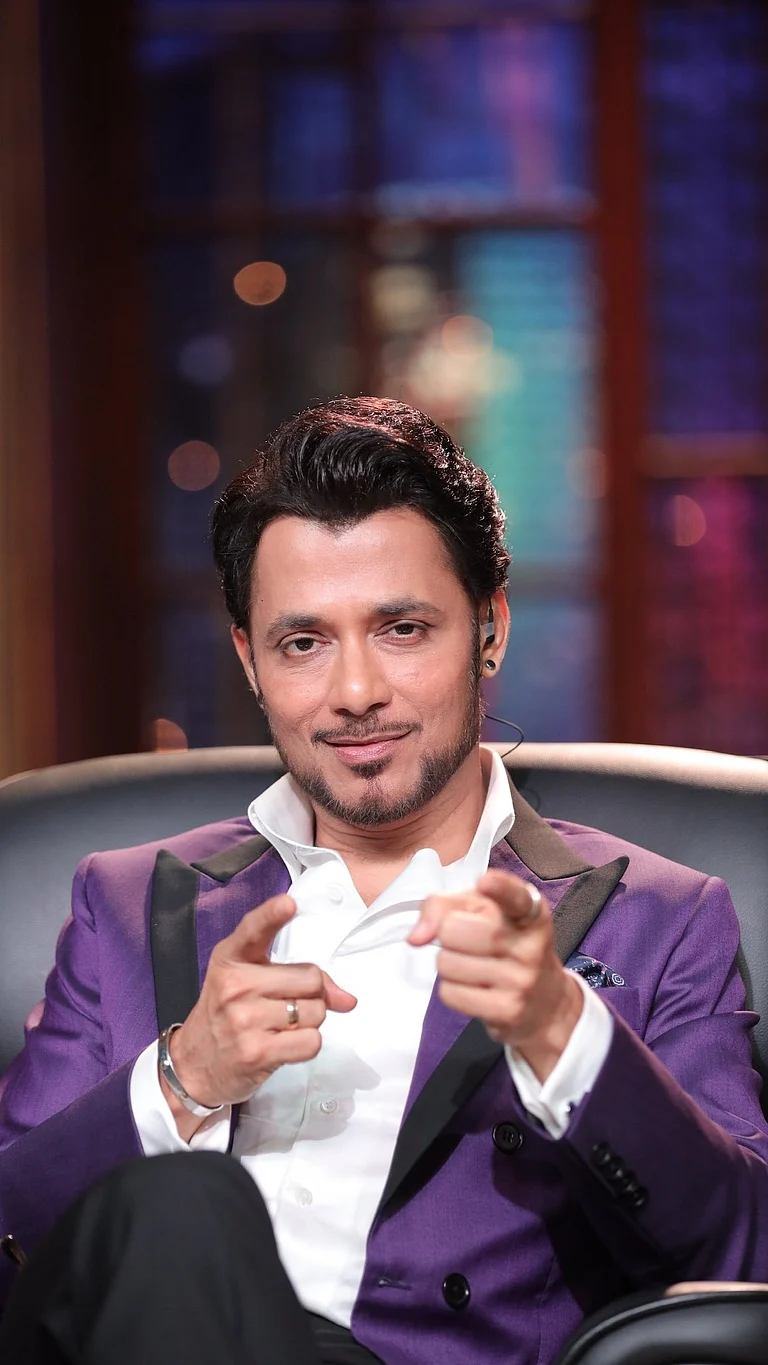
Deepinder Goyal explores Temple wearable to monitor cerebral blood flow
Device tied to Continue Research’s Gravity Ageing hypothesis and pilots
Research received $25M seed fund from Goyal's personal wealth
Deepinder Goyal, founder of Eternal is exploring the launch of a wearable-device company called Temple that would commercialise a head-worn sensor used to monitor cerebral blood flow (CBF), Inc42 reported. Discussions are at an early stage and no final decisions have been taken, the report said.
The device spotted on Goyal at a recent public event is the same experimental sensor that Continue Research claims to have used in its studies measuring real-time blood flow to the brain.
These studies form the basis of the group’s new “Gravity Ageing” hypothesis, the idea that prolonged upright posture and the constant pull of gravity gradually diminish cerebral blood flow (CBF), potentially accelerating brain ageing.
Temple: Coming Soon
A placeholder website for Temple carries a short “Coming Soon” message, “The future of health starts where no one’s looking. Inside your brain”, but lists no launch date, consistent with multiple accounts that Temple is still nascent.
Goyal has publicly said he has used the device for about a year while developing and testing the Gravity Ageing hypothesis.
Temple’s emergence follows Continue Research’s recent public unveiling of the Gravity Ageing idea and Goyal’s announcement last month of a $25 million seed fund for the research initiative. Continue Research’s early claims, including estimates that upright posture can reduce CBF by as much as 17% and that certain inversions can increase brain flow, are framed as hypotheses requiring rigorous validation.
Reaction & Scientific Scrutiny
The proposal and the visible device have provoked swift debate. Medical experts and commentators have urged careful, peer-reviewed testing before drawing conclusions, warning that the hypothesis and early device claims need independent validation.
The move stitches together Goyal’s private funding of longevity science and a tangible research tool, but Temple, if it proceeds, will face the twin tests of scientific validation and regulatory scrutiny before it can claim medical or consumer utility.

































